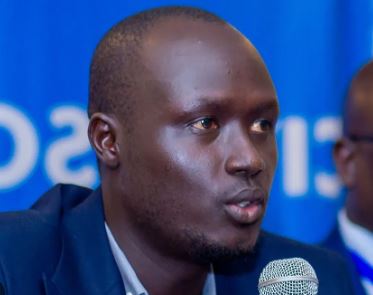The Jonglei State Civil Society Network faces significant operational disruptions following the forced closure of the offices of a Bor-based civil society organization, INTREPID South Sudan, by the National Security Service (NSS) on 2 July.
The shutting of the premises, described as an act of intimidation, has severely impacted advocacy and humanitarian efforts in the region, jeopardizing projects crucial for community welfare.
Peter Ajak Ayom, a prominent member of the local civil society network, expressed deep concern over the closure’s impact on their initiatives.
“The activities that are supposed to be implemented by INTREPID South Sudan have been interrupted since the office was closed,” he stated. “This disruption includes losing office functionality such as power and internet access, making our work incredibly challenging.”
Ayom highlighted the Public Excellence Award project, supported by the Canadian Embassy, as one of the initiatives now at risk due to the shutdown.
Efforts by the Network’s leadership to engage with NSS officials have yielded no progress, exacerbating tensions in the community.
Bol Deng Bol, the Chairperson of the Jonglei Civil Society Network and Executive Director of INTREPID South Sudan has gone into hiding since the closure, reflecting the atmosphere of fear among activists in the area.
The closure occurred amidst the recent civil unrest in Bor, where public sector employees protested delayed salaries and worsening economic conditions.
The Community Empowerment for Progress Organization (CEPO) reported an increase in civic space violations from April to June 2024, including the arbitrary arrests of journalists Chol Kimani and Abraham Aleu during peaceful demonstrations.
Chol was released without charges and Aleu is still under arbitrary detention without being charged in the court of law.
Criticism has mounted against Jonglei Governor Mahjoub Biel Turuk for remaining silent about the intimidation and harassment faced by activists and journalists. Concerns have grown over the credibility of a recent order by the governor purportedly aimed at granting political and civic space amidst shrinking freedoms in the state.
Local human rights watchdogs, UN agencies, and the South Sudan Civil Society Forum have condemned the office closure as a stark example of diminishing civic and political freedoms. They have called for transparency and respect for civil liberties, urging South Sudanese authorities to uphold democratic principles and protect the rights of citizens.
NSS officials have not issued any statement regarding the closure or the subsequent harassment allegations.




